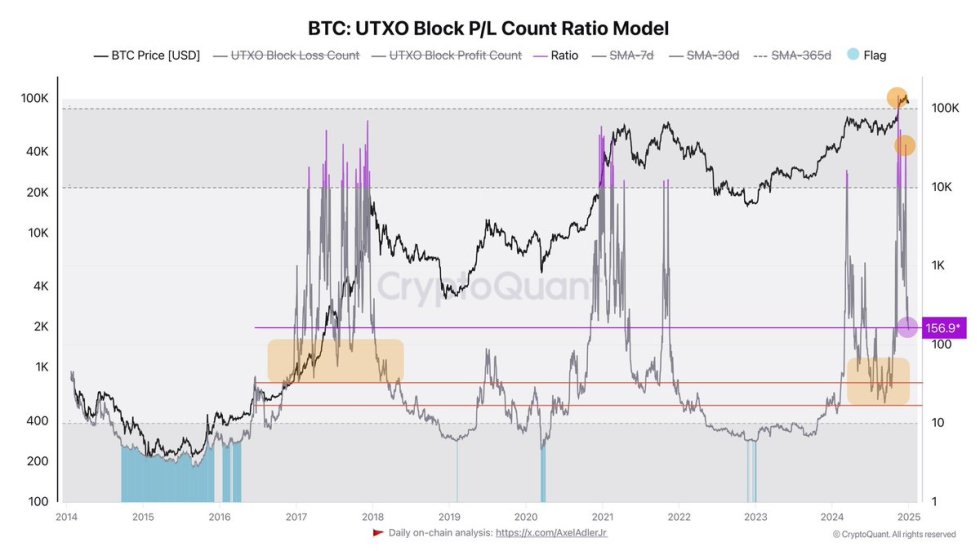
The group stressed that publicly revealing the names and private information of customers runs the potential risk of identity theft, targeted attacks and “other injury.”
A group of non-U.S. FTX customers are pushing to have their names and private information redacted from court documents as part of the crypto exchange’s Chapter 11 bankruptcy process.
In a Dec. 28 joinder filing, the “The Ad Hoc Committee of Non-US Customers of FTX.com” (Ad Hoc Committee) stressed that publicly revealing the names and private information of customers runs the potential risk of identity theft, targeted attacks and “other injury.” It said:
“Requiring the Debtors to disclose the FTX.com customers’ names and other identifying information to the general public would cause irreparable harm, further victimizing the FTX.com customers whose assets were misappropriated.”
The group is comprised of 15 people in individual or representative capacities, suggesting there is a far greater number in the group. In total, the Ad Hoc Committee claims to represent people or entities with around $1.9 billion worth of locked assets in FTX.com.
A joinder refers to a type of court filing in which several suits have been joined together, or an additional party has attached itself to another filing.
In this instance, the Ad Hoc Committee is jumping on the “Motion of Debtors for Entry of Interim and Final Orders,” which seeks to withhold confidential customer information, among other things.
“The Ad Hoc Committee submits this Joinder in support of the Redaction Motion’s request to redact names and all other identifying information of the FTX.com customers from any paper filed or made publicly available in these proceedings, including the Creditor Matrix, Consolidated Top 50 Creditors List, and Schedules and Statements,” the filing reads.
The U.S. Trustee has previously filed an objection to the original motion on Dec. 12 however, arguing that keeping information private could threaten the transparency of FTX’s Chapter 11 bankruptcy process and that the public had a “general right of access to judicial records.”
Related: What to expect from crypto the year after FTX
Publications such as The Wall Street Journal (WSJ), The New York Times, Bloomberg and the Financial Times have even called for the information to be disclosed to the public, arguing that’s what usually happens in these types of bankruptcy procedures.
“Bankruptcy courts normally require transparency into the affairs of troubled businesses, including their creditors, in return for the protections of Chapter 11,” WSJ journalist Andrew Scurria wrote on Dec. 29.
A similar incident has already occurred in the Chapter 11 bankruptcy of Celsius, with court documents revealing private information about thousands of customers back in October, much to the dismay of the crypto community.

You can get bonuses upto $100 FREE BONUS when you:
💰 Install these recommended apps:
💲 SocialGood - 100% Crypto Back on Everyday Shopping
💲 xPortal - The DeFi For The Next Billion
💲 CryptoTab Browser - Lightweight, fast, and ready to mine!
💰 Register on these recommended exchanges:
🟡 Binance🟡 Bitfinex🟡 Bitmart🟡 Bittrex🟡 Bitget
🟡 CoinEx🟡 Crypto.com🟡 Gate.io🟡 Huobi🟡 Kucoin.




















Comments